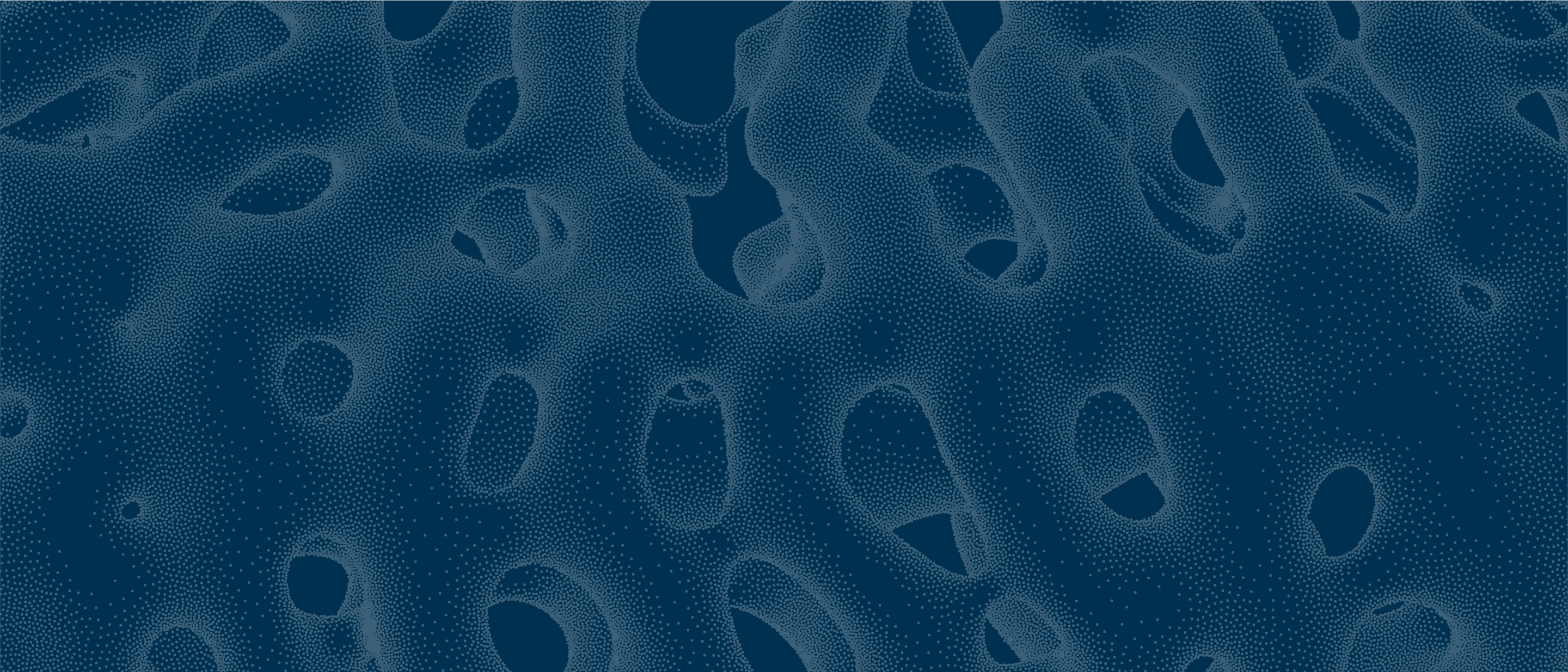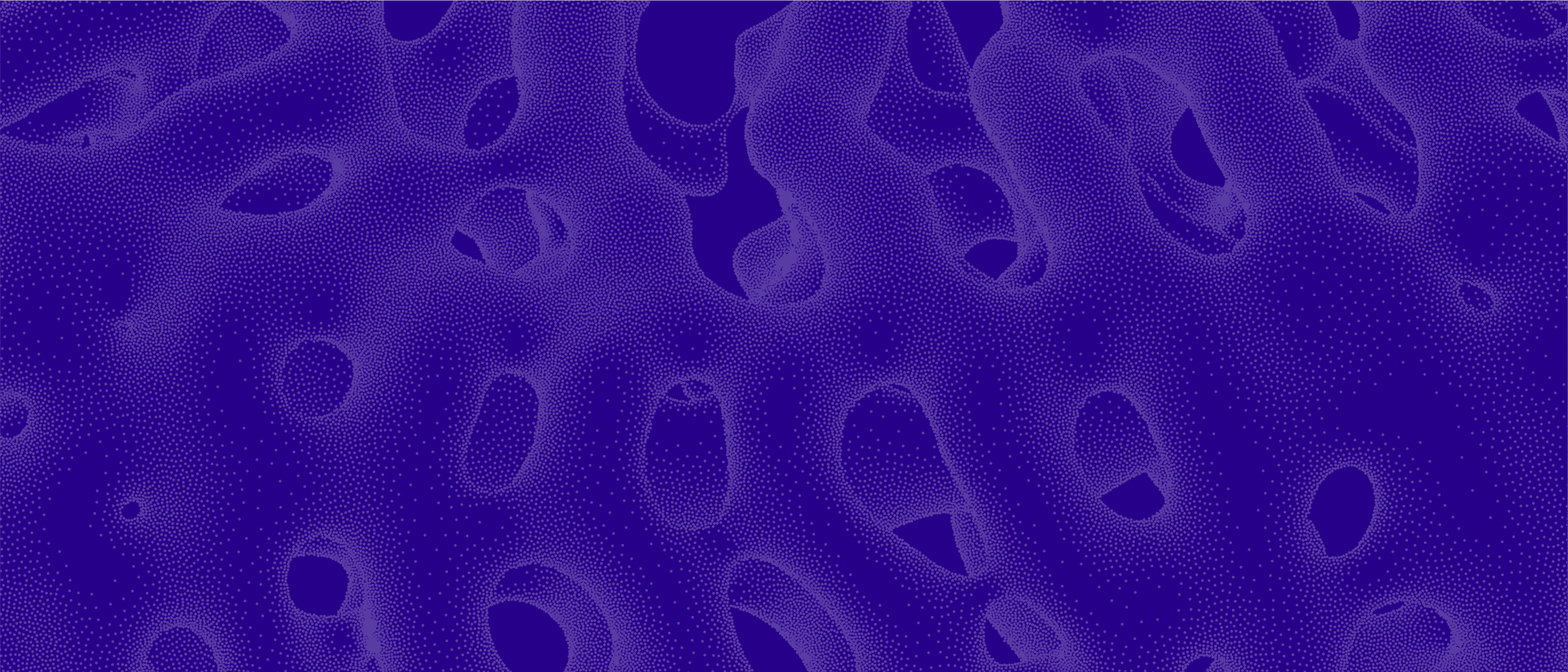The Urban Design and Planning division researches and educates in urban design and planning in all scales, from single urban spaces to larger urban landscape and entire regions, with its’ main focus on built environment in relation to sustainable development. Cities and regions today are facing great challenges regarding sustainable development, with ongoing large scale urban development projects and a need to handle societal challenges such as climate change, urbanisation processes, increasing regional imbalance, segregation and gentrification processes. Thus, cities and regions today face large challenges that architects and planners need to handle in their daily practice and there is a great need for new knowledge within the field.
About
In our research and education, three complementary knowledge traditions meet:
- Practice based knowledge and generative methods, focusing on developing sustainable urban design and planning solutions
- Quantitative, analytical methods, focusing on describing effects of different urban strategies
- Critical, interpreting methods, focusing on understanding the built environment in a broader societal context.
Research
The research activities of the division is mainly conducted within, but also cross, three research groups:

Urban and Regional Transformations
The Urban and Regional Transformations research group, focusing on spatial inequalities and uneven geographic development using both discursive and spatial approaches

The Spatial Morphology Group (SMoG)
SMoG is concerned with the interaction between form (the built environment) and society (people, processes) using methods and theories central to spatial morphology, space syntax, urban analytics and informatics.
and
@URBS
The Dialogue in urban complexity research group, focusing on compact cities from different perspectives, such as spatial analysis, systems thinking, actor network theory, complexity theory, social inclusion and regenerative design.
Education
The division educates in urban design and planning on the bachelor and master level. The education in urban design and planning led by the division addresses contemporary and complex urban design and planning issues with the overall goal to develop the students’ ability to describe, analyse and form sustainable urban design and planning solutions. On the master level, the division is responsible for two master studios within the master program Architecture and Urban Design; Architecture and Urban Space Design and Spatial Morphology studio, and two master studios within the master program Architecture and Planning Beyond Sustainability; Planning and Design in a Local Context and Planning and Design for Social Inclusion.
Altogether, the different research and educational areas illuminate contemporary urban design and planning issues from a broad perspective, focusing on both the political reality of power relations and the concrete design of the built environment.
